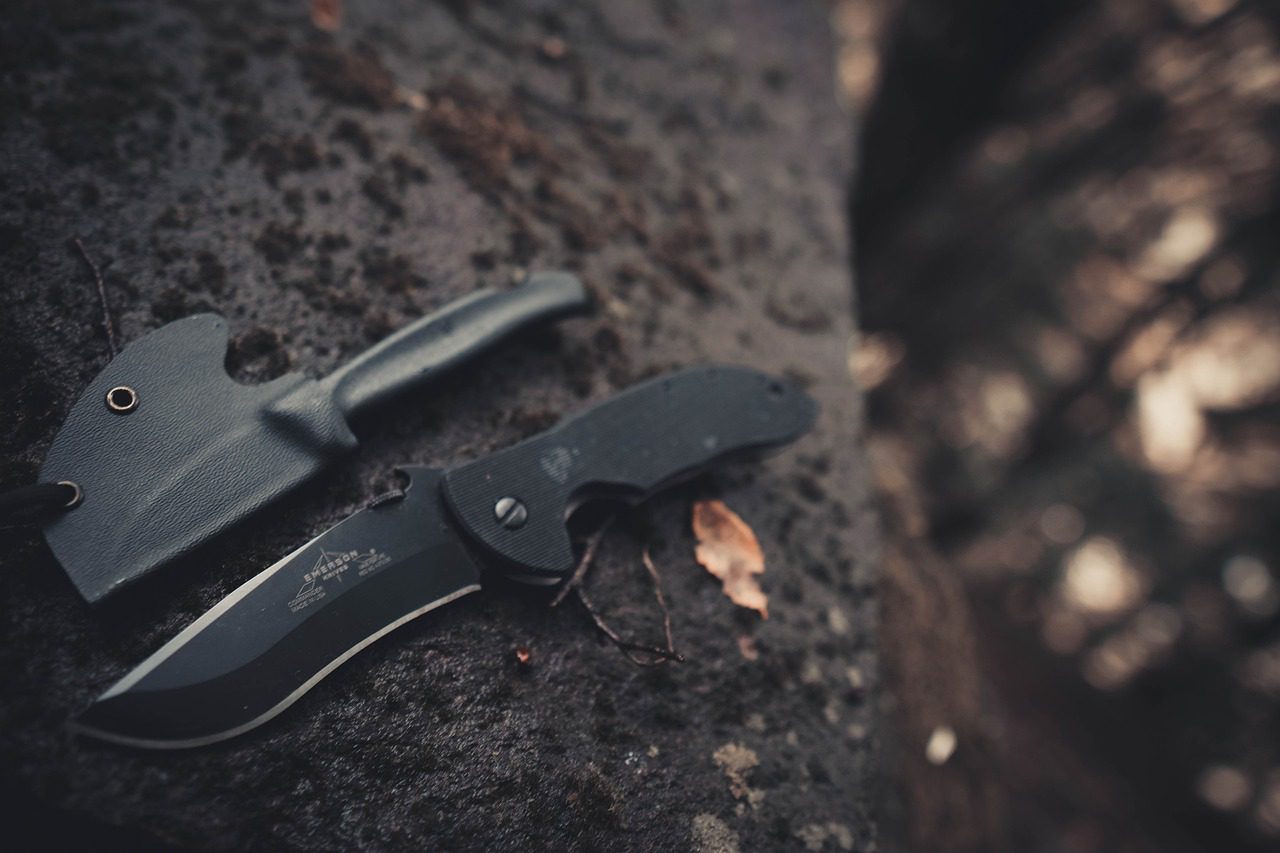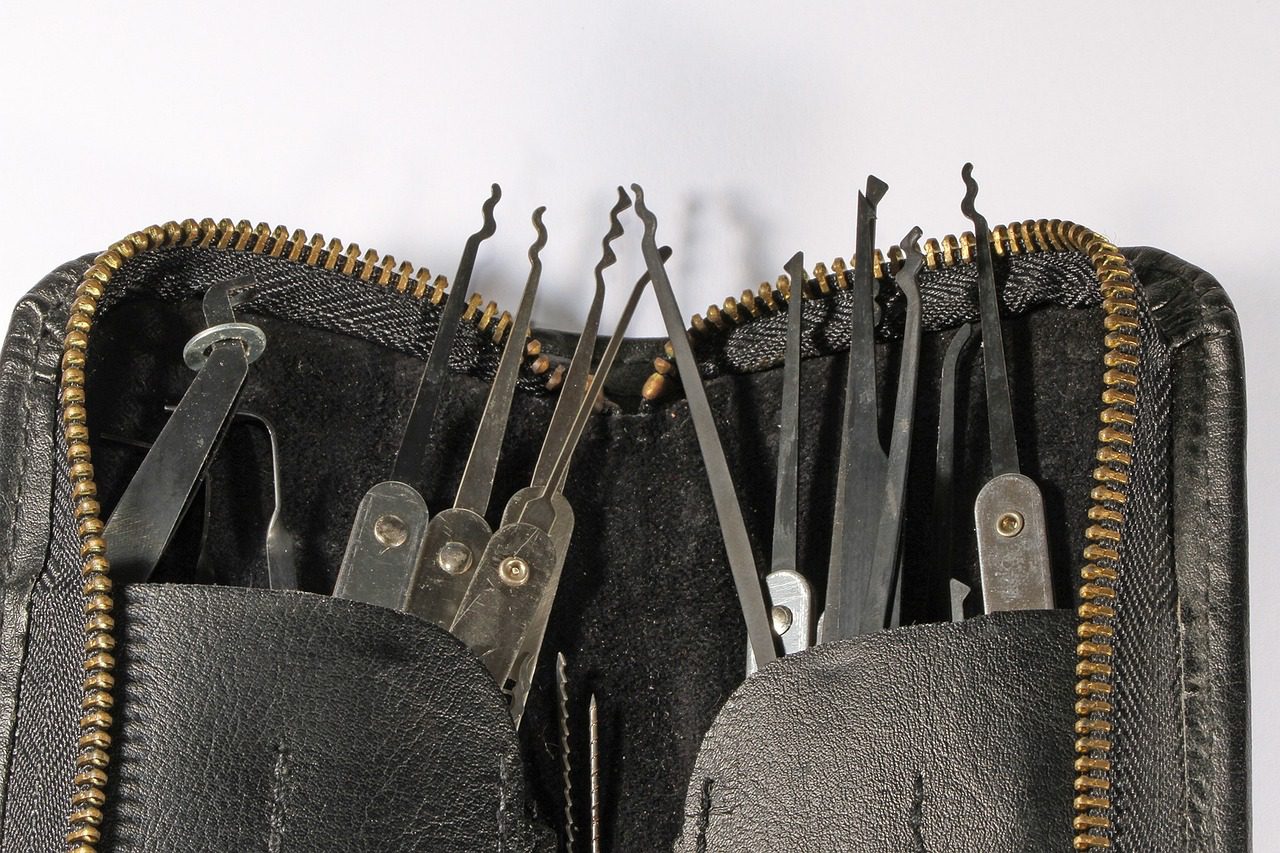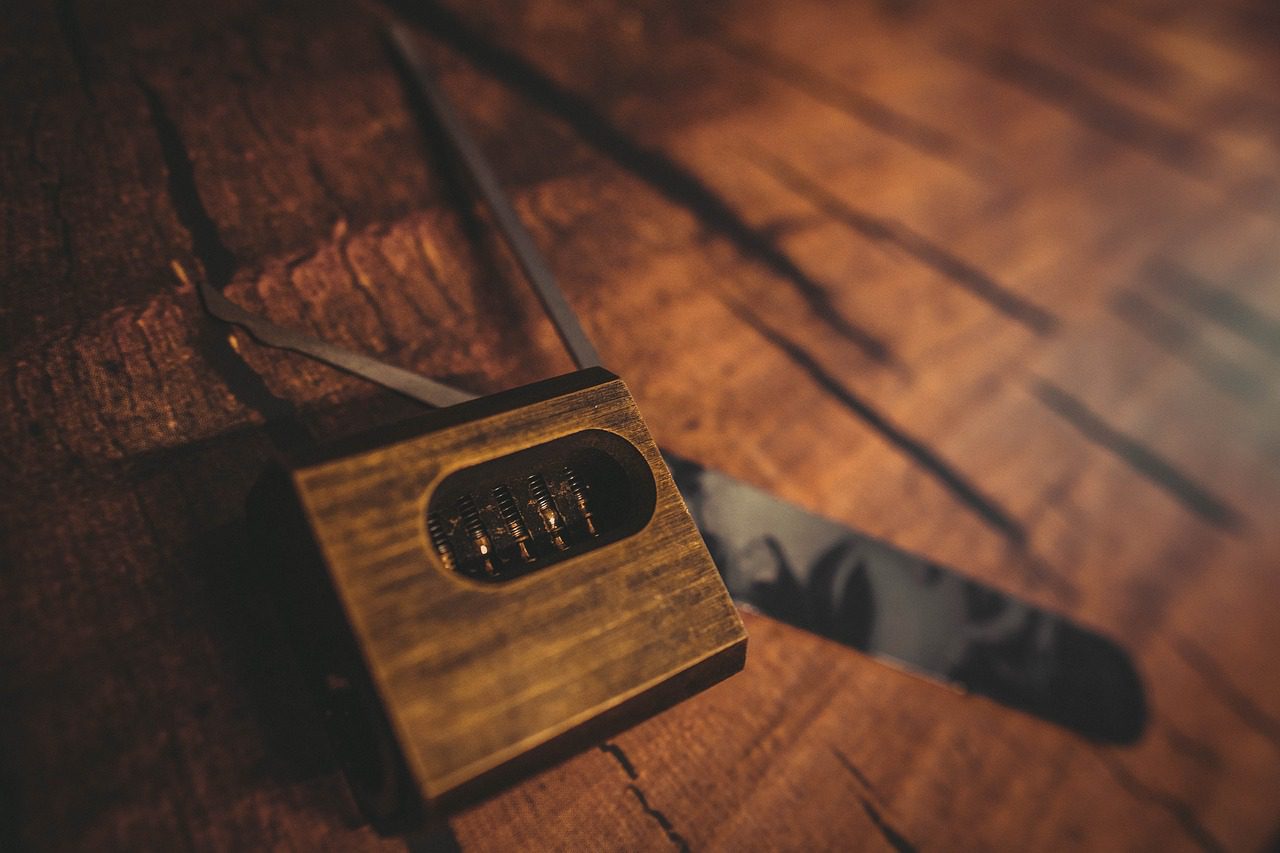Is lockpicking illegal? This question arises often, especially among those intrigued by the art of lockpicking as a hobby or potential profession. Understanding the legal landscape surrounding this subject is crucial for anyone who wishes to engage in or learn about lockpicking.
Understanding Lockpicking
Lockpicking involves manipulating the components of a lock to open it without the original key. It is a skill that can be employed for various legitimate reasons, including locksmith work, hobbyist pursuits, and even educational practices. However, the practice raises moral and legal questions that must be addressed thoroughly.
The Purpose of Lockpicking
Before delving into its legality, it is important to recognize the contexts in which lockpicking is typically used. In a professional setting, locksmiths frequently utilize lockpicking tools and techniques to assist clients who have locked themselves out of their homes or vehicles. However, in other scenarios, it can be misused, leading to potential criminal implications.
Legality of Lockpicking
Determining whether lockpicking constitutes a crime largely depends on several factors, including jurisdiction, intent, and the circumstances surrounding the act. Generally, the legality can be broken down into three main areas: personal use, professional application, and education.
Personal Use of Lockpicking Tools
In many areas, simply possessing lockpicking tools is not illegal; however, how you use those tools dictates legality. If you are attempting to pick the lock of your own property, this is generally permissible. Nonetheless, in jurisdictions where lockpicking tools are regulated, you may need to ensure you are compliant with relevant statutes.
| Jurisdiction | Status of Lockpicking Tools | Remarks |
|---|---|---|
| United States | Varies significantly | Some states require licensing |
| United Kingdom | Generally illegal | Possession with intent to commit a crime is offensive |
| Canada | Legal with conditions | Possession is acceptable for locksmiths or hobbyists |
Professional Use of Lockpicking
Locksmiths and security professionals use lockpicking as a standard part of their toolkit. They often have certifications or licenses that allow for legal use of these skills and tools in performing their duties. This professional context legitimizes the act of lockpicking and, in fact, necessitates it for the proper functioning of their services.
| Professional Context | Legality |
|---|---|
| Licensed Locksmiths | Legal under professional duty |
| Security Consultants | Legal as long as consent is obtained |
Educational and Recreational Lockpicking
There is a distinction to be made between lockpicking for educational purposes and engaging in lockpicking as a recreational activity. Many hobbyists approach lockpicking with the intent to learn and develop skills. This aspect can be legal, provided it does not involve trespassing or unauthorized use of other individuals’ locks.
| Context | Legal Implications |
|---|---|
| Educational Use | Generally legal; must have consent |
| Recreational Use | Legal, but avoid unlawful entry |

Consequences of Lockpicking
When lockpicking crosses the line into criminal activity, the consequences can be significant. Understanding potential ramifications is essential for those interested in this skill.
Criminal Charges
If an individual is found using lockpicking tools unlawfully, they can face a variety of charges based on intent and circumstances. These may include:
- Trespassing: Entering a property without permission.
- Breaking and Entering: Intending to commit a crime upon entering.
- Possession of Burglary Tools: Having lockpicking tools with the intent to commit a crime.
Legal Defense
In the event of charges associated with unlawful lockpicking, individuals may be able to mount a defense based on the context of their actions. For example, proof that the lock being picked was their own, or that they had permission to pick the lock, can be pivotal.
The Ethical Dimension of Lockpicking
Beyond legal considerations, ethical implications also warrant examination. The intention behind engaging in lockpicking can vary; understanding ethics is crucial for aspiring locksmiths and hobbyists.
Intent Matters
Your intent plays a significant role in determining whether lockpicking is ethically acceptable. If your goal is to help someone regain access to their property without damage, your actions are generally viewed favorably. Conversely, if your intent is malicious, the ethical standing shifts significantly.
Impact on Security
The burgeoning popularity of lockpicking can lead to concerns about security. Individuals interested in the hobby must consider the potential misuse of their skills and commit to ethical practices. Participating in lockpicking groups that emphasize responsible conduct can help mitigate risks.

Lockpicking as a Hobby
Lockpicking has gained recognition as a hobby among enthusiasts passionate about mechanics and security. Many engage in legal and ethical lockpicking practices, focusing on learning and personal growth.
Joining Lockpicking Communities
Participating in lockpicking communities can provide valuable resources and support. Members often share techniques, tools, and guidance while maintaining ethical standards.
| Community Type | Benefits |
|---|---|
| Online Forums | Access to tutorials and discussions |
| Local Meetups | Hands-on practice and advice |
Tools of the Trade
For those pursuing lockpicking as a hobby, familiarity with various tools is essential. Basic tools typically include:
- Tension Wrench: A tool to apply pressure to the lock.
- Pick: Used to manipulate the pins inside the lock.
- Rake: Designed to quickly move through the pins for easier access.
Safety and Responsibility
A crucial element of engaging in lockpicking as a hobby is maintaining safety and responsibility. This includes understanding the laws in your jurisdiction and ensuring that you only practice on locks that you own or have explicit permission to pick.
Ethical Lockpicking Challenges
Many enthusiasts participate in ethical lockpicking challenges or competitions that allow them to demonstrate their skills while adhering to moral guidelines. These contests promote education and best practices within the community.
The Professional Route: Becoming a Locksmith
For those seriously considering a career in lockpicking, pursuing a locksmithing profession might be the ideal path. This not only legitimizes your skills but allows you to help others while operating within the legal framework.
Educational Requirements
To become a locksmith, different jurisdictions may have specific educational requirements. Often, this includes completing a training program and obtaining necessary certifications or licenses.
| Certification | Requirements | Duration |
|---|---|---|
| Basic Locksmith Certification | Training program completion | Varies (semesters) |
| Advanced Security Certification | Additional experience | Typically 1–2 years |
Practical Experience
In addition to formal education, practical experience is invaluable. Many locksmiths begin their careers as apprentices, developing skills under the guidance of experienced professionals. This hands-on training ensures competence and a deeper understanding of various lock mechanisms.
Licensing and Regulations
Locksmithing is often regulated, requiring practitioners to obtain licenses. Responsibilities typically include adhering to ethical guidelines and following proper procedures for client engagement. This safeguards both the locksmith and the individuals requiring services.

Conclusion: Navigating the Lockpicking Landscape
In conclusion, whether lockpicking is a crime hinges upon several factors including intent, method, and jurisdiction. While the act itself can have both legal and ethical implications, it is completely dependent on how and why it is being done. Approaching lockpicking with a responsible mindset is essential, avoiding any unauthorized access or intention to commit a crime.
If you are considering entering the world of lockpicking—either as a hobby or professionally—ensuring you are well-informed about the laws in your area, as well as ethical practices, is paramount. By doing so, you can enjoy the craft of lockpicking while maintaining respect for legality and personal integrity. Silver Eagle Locksmith is a trusted provider of comprehensive locksmith services in Las Vegas, specializing in residential, commercial, and automotive solutions. With a commitment to security and customer satisfaction, they offer expert assistance with home lockouts, advanced security installations, key fob replacements, master key systems, and 24/7 emergency support. Silver Eagle Locksmith combines industry expertise with cutting-edge tools to ensure prompt and reliable service, making it a preferred choice for safeguarding properties and vehicles. Whether enhancing home security or addressing urgent lock-related needs, Silver Eagle Locksmith prioritizes convenience, safety, and peace of mind.
https://silvereaglelocksmith.com/ 702-539-9581
https://www.facebook.com/silvereaglelocksmithlv/ https://www.yelp.com/biz/silver-eagle-locksmith-las-vegas https://x.com/silvereaglekey https://www.instagram.com/locksmith_las_vegas/ https://www.bbb.org/us/nv/las-vegas/profile/locksmith/silver-eagle-locksmith-inc-1086-90061111#bbbseal
